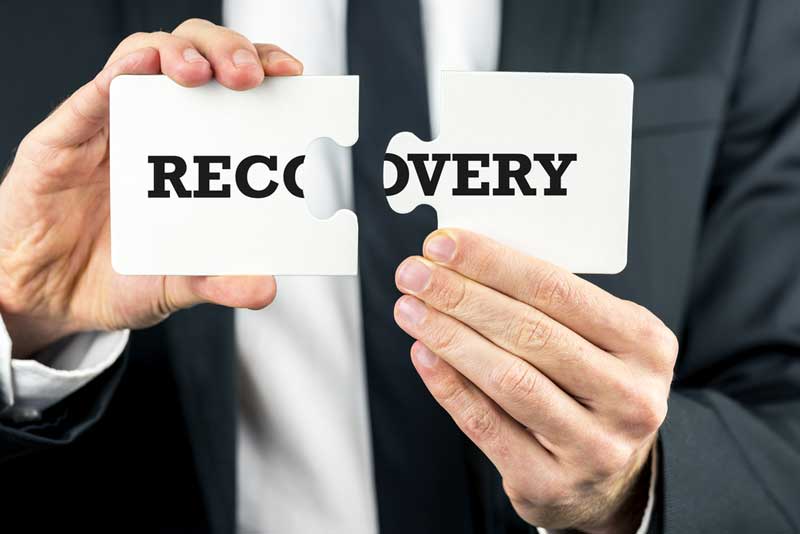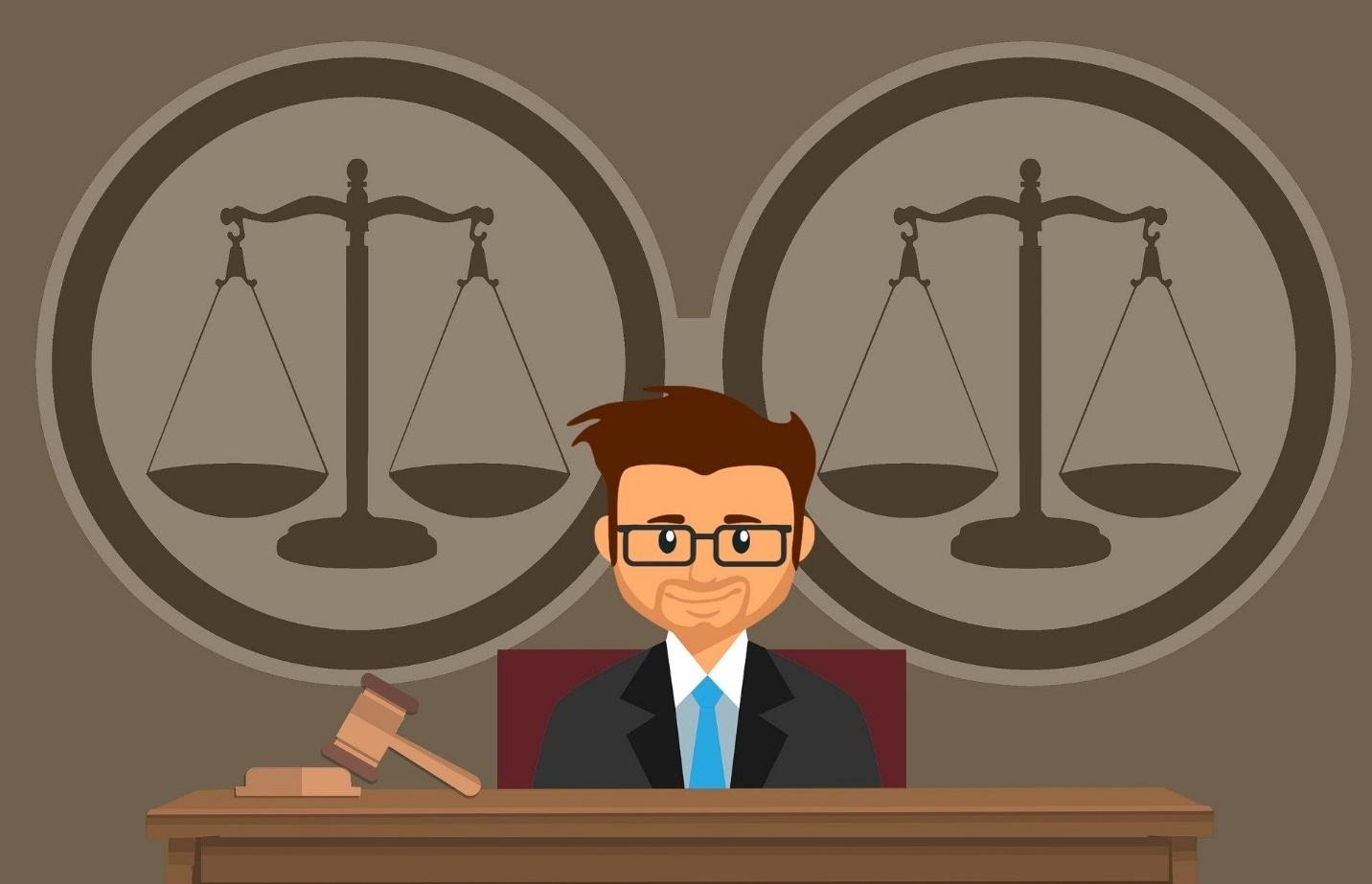Navigating the world of debt recovery can be a daunting task, especially when faced with unfamiliar legal procedures and terminology. Understanding your legal rights in this process is crucial to ensure you are treated fairly and can make informed decisions about your financial situation.
From knowing your rights as a debtor to understanding the actions that debt collectors can and cannot take, having a solid grasp of the legal framework surrounding debt recovery is essential.
By familiarizing yourself with these rights, you can protect yourself from harassment, unfair practices, and ensure that your rights are respected throughout the debt recovery process.
Introduction to Debt Recovery Process

The debt recovery process can be a complex and daunting experience for many individuals. It is important to understand your legal rights throughout this process in order to protect yourself and ensure a fair resolution.
Debt recovery typically involves a series of steps, starting with initial contact from the creditor or collection agency. This may include phone calls, letters, or emails demanding payment for the outstanding debt.
As a consumer, you have rights under the law that protect you from harassment or abuse during the debt collection process. Familiarizing yourself with these rights can help you navigate the situation effectively and respond appropriately to any collection efforts.
By educating yourself on the debt recovery process and your legal rights, you can work towards resolving the debt in a way that is fair and manageable for you.
Your Rights as a Debtor

As a debtor, it is important to understand your rights in the debt recovery process. One key right you have is the right to validation of the debt. This means that the creditor must provide you with proof that the debt is valid and that they have the legal right to collect it from you. You also have the right to dispute the debt if you believe there is an error or if you do not recognize the debt.
Additionally, debtors have the right to be treated fairly and respectfully by debt collectors. They are prohibited from using abusive or harassing tactics to try to collect a debt from you. It is important to be aware of your rights as a debtor to protect yourself during the debt recovery process.
Fair Debt Collection Practices Act

The Fair Debt Collection Practices Act is a crucial piece of legislation that protects consumers from abusive and unfair debt collection practices. This act outlines specific rules and regulations that debt collectors must follow when attempting to collect a debt.
Some key provisions of the Fair Debt Collection Practices Act include prohibiting harassment, false or misleading statements, and unfair practices during the debt collection process.
Consumers have the right to dispute a debt and request verification of the debt from the collector. Knowing and understanding your rights under this act can help you navigate the debt recovery process and protect yourself from unscrupulous debt collection tactics.
Conclusion
In conclusion, it is essential for individuals to understand their legal rights when navigating the complex landscape of debt recovery. By being aware of the laws that protect consumers and knowing how to assert their rights, individuals can better advocate for themselves and prevent abusive or unfair debt collection practices.
Seeking guidance from debt collection attorneys can also provide valuable assistance in navigating the legal complexities of the debt recovery process.
Ultimately, educating oneself about their rights and working with knowledgeable professionals can help individuals navigate the debt recovery process with confidence and integrity.











